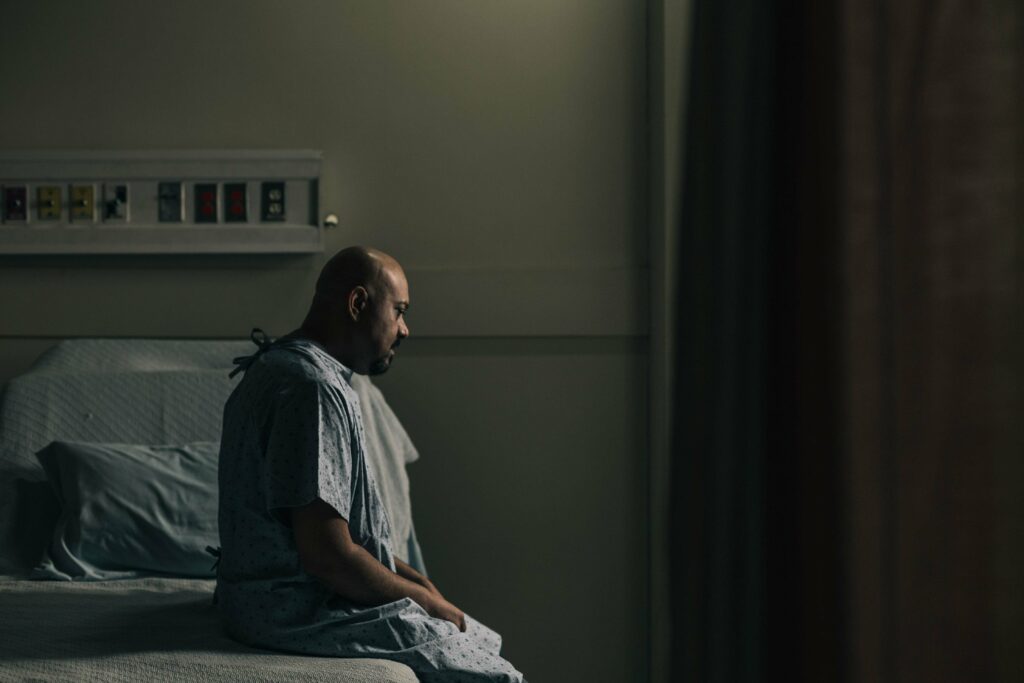Can the Hospital Be Liable for Making Me Wait Too Long at the Emergency Room?
When it comes to urgent medical care, every minute counts. Yet, it’s not uncommon for patients to experience long wait times in hospital emergency rooms. If you’ve been in a situation like this, you might wonder if the hospital can be held liable for making you wait longer than average limits.

There Are Reasons for Wait Times
If you or your loved one has experienced wait times you felt were detrimental to the outcome of the situation, determining who is liable is essential in every case. As frustrating and scary as it may seem, there are several factors that can contribute to ER delays. A few common issues include:
- Patient Volume: High patient volumes can overwhelm ER staff, leading to longer wait times for everyone.
- Triage Process: ERs use a triage system to prioritize patients based on the severity of their condition. Patients with life-threatening emergencies are seen first.
- Limited Resources: Shortages of medical staff, equipment, and space can result in delays.
- Administrative Factors: Administrative inefficiencies, such as incomplete paperwork or insurance verification, can also cause delays.
- Ambulance Diversion: Sometimes, hospitals are unable to accept new ambulance arrivals, leading to rerouting patients to other facilities.
Liability
The hospital maintains certain responsibilities, and enjoys certain protections under the federal Emergency Medical Treatment and Active Labor Act (EMTALA), pursuant to Florida Statute Chapter 395 HOSPITAL LICENSING AND REGULATION and pursuant to Florida Statute Chapter 766. MEDICAL MALPRACTICE AND RELATED MATTERS. To establish liability in Florida, the following factors need to be considered:
- Standard of Care: Hospitals have a duty to provide a reasonable standard of care to patients, which includes ensuring timely medical attention. If a delay results in a failure to meet this standard, liability may arise.
- Medical Malpractice: If a patient’s condition deteriorates significantly due to an unreasonable delay, and this delay is attributable to medical negligence or malpractice, the hospital may be liable.
- Proximate Cause: It must be demonstrated that the prolonged wait time was a proximate cause of harm or injury to the patient. If the delay did not directly contribute to the harm, liability may be challenging to establish.
- Foreseeability: Courts may consider whether the hospital should have reasonably foreseen that a delay in care could lead to harm to the patient.
- Acuity Level of Patient: In some cases, it is only when the delay is the result of gross negligence or reckless indifference to patient safety, that the hospital may face liability.
The Laws Against ER Delays
When seeking compensation or claims for suffering a harm due to unreasonably prolonged ER wait times, it’s essential to consult with an experienced Florida attorney like one at MANEY | GORDON Trial Lawyers. They can assess the specific circumstances of your case, determine whether negligence or malpractice was a factor, and advise you on the viability of a legal claim.


